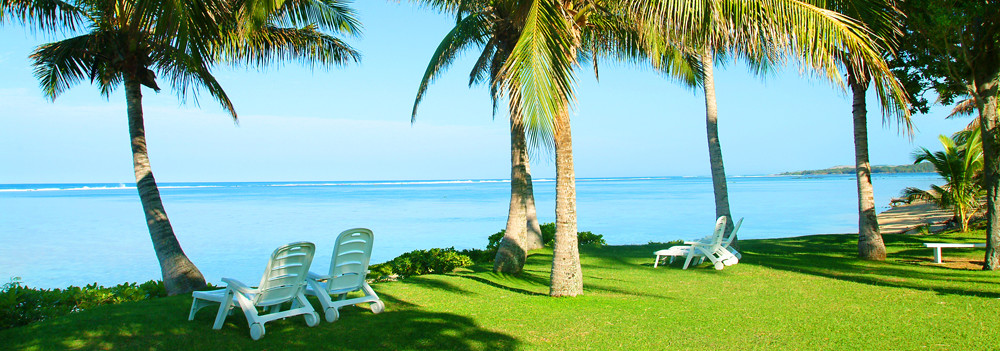According to Fijian legend, the great chief Lutunasobasoba led his people across the seas to the new land of Fiji. Most authorities agree that people came into the Pacific from Southeast Asia via the Malay Peninsula. Here the Melanesians and the Polynesians mixed to create a highly developed society long before the arrival of the Europeans.
The European discoveries of the Fiji group were accidental. The first of these discoveries was made in 1643 by the Dutch explorer, Abel Tasman and English navigators, including Captain James Cook who sailed through in 1774, and made further explorations in the 18th century.
Fiji history lets us know that European traders and missionaries made their way to the Fiji Islands in the early 19th century, which brought about many wars between the Fijian people. After the British gained control, Fiji Islands history began to emerge in a totally different direction. In 1874, under British rule, the islands were transformed into a colony. At this time, Indian contract laborers added to the history of Fiji as the British brought the laborers to the islands.
After Fiji was ceded to Great Britain in 1874, epidemics nearly wiped out the population and it seemed as if the natives were doomed. But the colonial government took the Fijians side.
Land sales were forbidden, health campaigns implemented and the population picked up again. Independence came to the Fiji Islands on August 10, 1970, which was a large milestone not only in Fiji history but a major change in the overall Fijian culture.
The 20th century brought about important economic changes in Fiji as well as the maturation of its political system. Fiji developed a major sugar industry and established productive copra milling, tourism and secondary industries.
As the country now diversifies into small-scale industries, the economy is strengthened and revenues provide for expanded public works, infrastructure, health, medical services and education.
The country’s central position in the region has been strengthened by recent developments in sea and air communications and transport. Today, Fiji plays a major role in regional affairs and is recognized as the focal point of the South Pacific.
